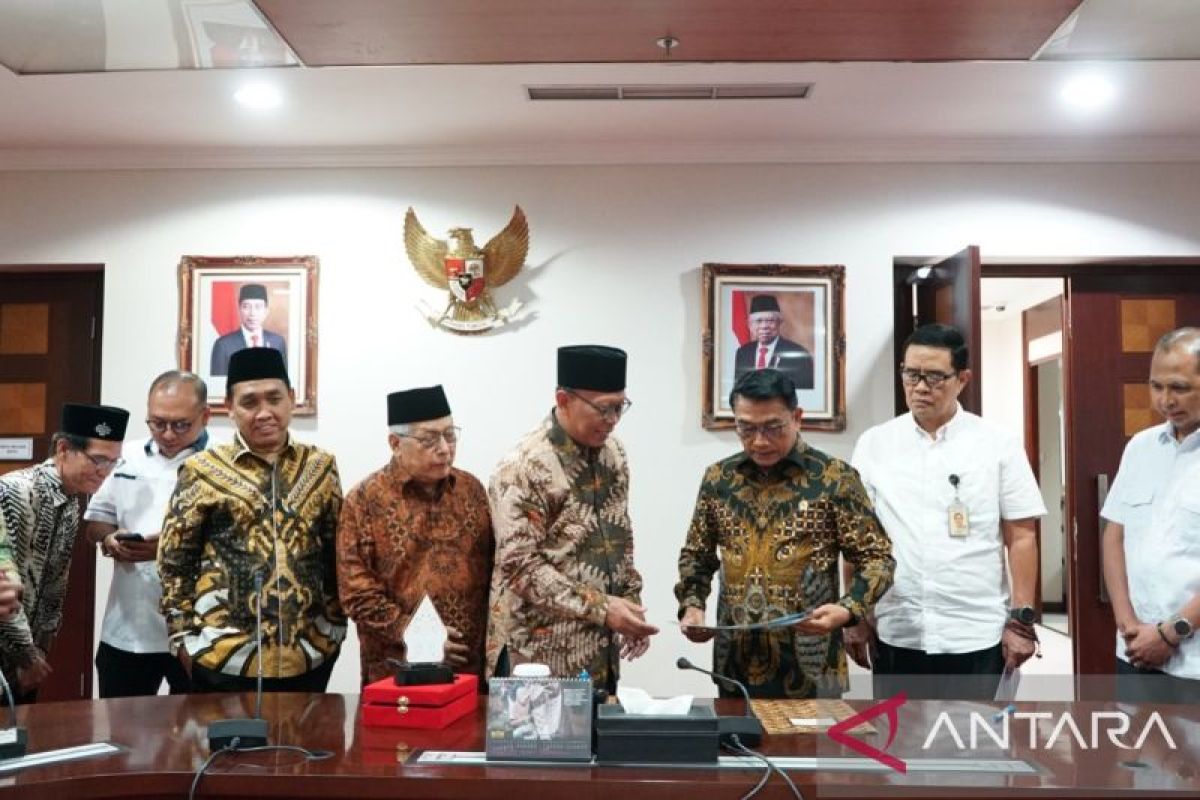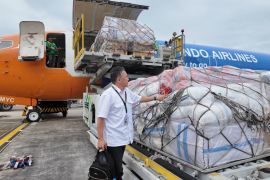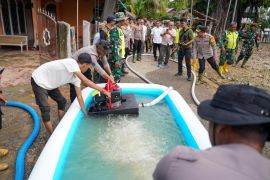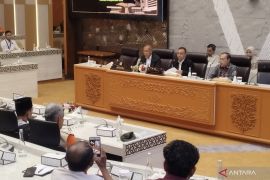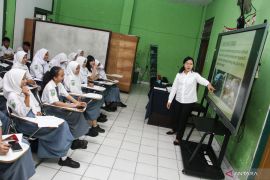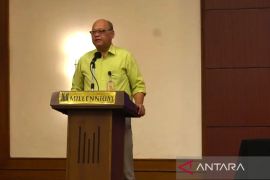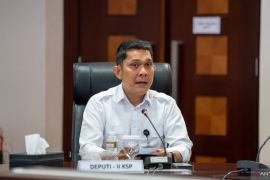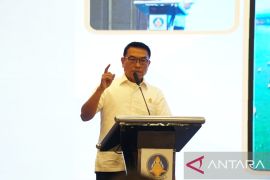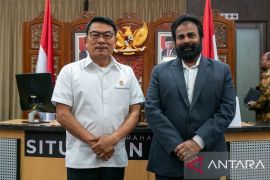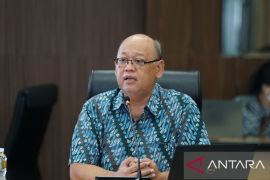Moeldoko made the statement in an audience with the management of the Tebuireng Pesantren Alumni Association at the Bina Graha Building here on Monday.
"I agree that pesantren are the centers of mobilizing Indonesian farmers and agriculture," Moeldoko noted in a press release received here on Monday.
He affirmed that pesantren not only function as educational and religious institutions, but they can also increase their role in economic empowerment, such as in the agricultural sector.
Moeldoko remarked that pesantren can also contribute to building national food independence, which can improve community welfare, and strengthen local identity and wisdom that are the strengths of the nation.
"I want the pesantren to guide the community in their own environment, such as providing for their own food," he remarked.
He expressed hope that pesantren would become a subsystem in building the agricultural sector. According to Moeldoko, pesantren not only produce students with strong religious knowledge but can also teach them to imbibe entrepreneurial skills and spirit.
The KPS chief explained that the existence of pesantren, most of which are located in the regions, can directly touch farmers.
He believes that by empowering farmers, pesantren can help rural communities realize food independence.
He stated that pesantren can teach about long-term farming methods, such as organic farming, water resource conservation, and integrated pest control.
In the long run, he expressed hope that the knowledge imparted by pesantren to farmers would help to boost agricultural productivity while preserving the environment.
Related news: How to keep a lid on rice inflation and build sufficiency
Related news: Indonesia still lacks reservoirs compared to S Korea, China: Jokowi
Related news: President Jokowi emphasizes importance of food independence
Translator: Rangga J, Kenzu
Editor: Azis Kurmala
Copyright © ANTARA 2024
